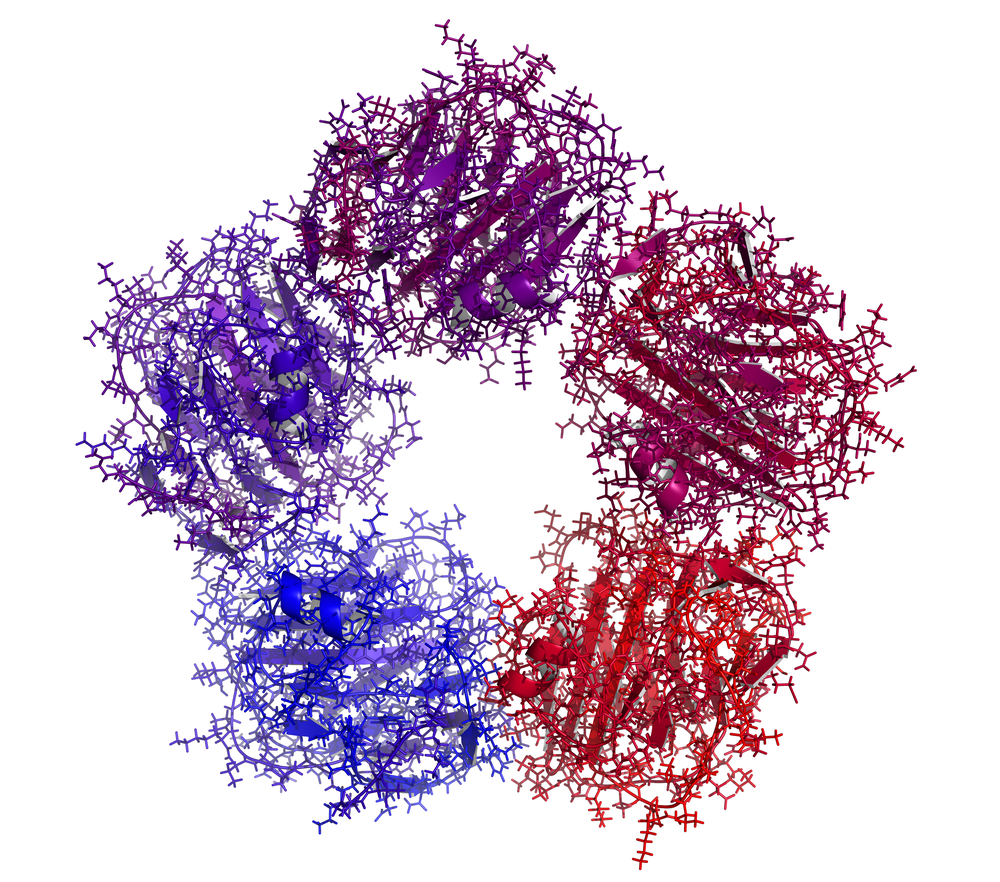
A C-reactive protein (CRP) test is used to detect inflammation. It measures levels of CRP, a protein that is released into the blood in response to inflammation. Levels of CRP start to rise soon after the start of inflammation or an infection. Normally, you have low levels of CRP in your blood.
A CRP test may be ordered if your doctor suspects you have an infection, is checking for an infection after surgery, thinks that you may have an autoimmune disorder such as rheumatoid arthritis or lupus, or is monitoring your treatment of an inflammatory disease to see if it is working.
What is being tested?
C-reactive protein (CRP) is a protein made by the liver and secreted into the blood. It is often the first evidence of inflammation or an infection in the body. Its concentration increases in the blood within a few hours after the start of infection or other inflammatory injury. The level of CRP can increase many hundred-fold in response to inflammation and then drop relatively quickly as soon as the inflammation passes, making it a valuable test to monitor effectiveness of treatment.
How is it used?
CRP is often measured in patients with inflammatory diseases, such as some forms of arthritis and autoimmune diseases or in inflammatory bowel disease. It is used to assess how active the inflammation is and to monitor the treatment. CRP is also used to monitor patients after surgery or other invasive procedures to detect the presence of an infection during the recovery period. CRP tests are not specific enough to diagnose a particular disease. Rather, CRP is a general marker of infection and inflammation that alerts medical professionals that further testing and treatment may be necessary.
When is it requested?
Because CRP increases in cases of inflammation, the test is requested when acute inflammation is a risk (such as from an infection after surgery, or other trauma) or suspected based on someone's symptoms. It is also requested to help diagnose and monitor treatment of chronic inflammatory conditions, such as rheumatoid arthritis and lupus. The test may be repeated often to learn whether treatment of an inflammatory disease is effective since CRP levels drop as inflammation subsides.
What does the result mean?
A high or increasing amount of CRP in your blood suggests that you have an acute infection or inflammation - most infections and inflammations result in CRP levels above 10 mg/L.
If the CRP level in your blood drops, it means that you are getting better and inflammation is being reduced.
Is there anything else I should know?
Another test to monitor inflammation is called the erythrocyte sedimentation rate (ESR). Both tests give similar information about the presence of inflammation. However, CRP appears and then disappears sooner than changes in the ESR. Thus, your CRP level may fall to normal if you have been treated successfully, such as for a flare-up of arthritis, but your ESR may still be abnormal for a while longer.
Common questions
Chronic inflammatory diseases are diseases that lead to the development of long-lasting or frequently recurring inflammation. They can be caused by a number of different pathological conditions. Examples include rheumatoid arthritis, lupus and inflammatory bowel disease (eg Crohn's disease or ulcerative colitis).
Both tests measure the same molecule in the blood. The CRP high sensitivity (hsCRP) test is a more sensitive form of the test which may be requested for seemingly healthy people to help assess their risk for heart problems. The regular CRP test is requested in patients who are at risk of bacterial or viral infections (such as after surgery) or in patients with chronic inflammatory diseases (such as rheumatoid arthritis).
More information
What is Pathology Tests Explained?
Pathology Tests Explained (PTEx) is a not-for profit group managed by a consortium of Australasian medical and scientific organisations.
With up-to-date, evidence-based information about pathology tests it is a leading trusted source for consumers.
Information is prepared and reviewed by practising pathologists and scientists and is entirely free of any commercial influence.